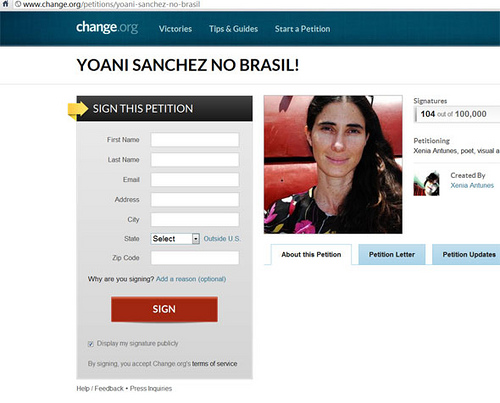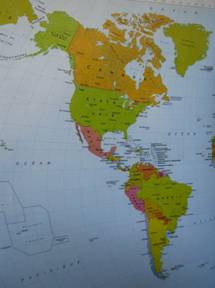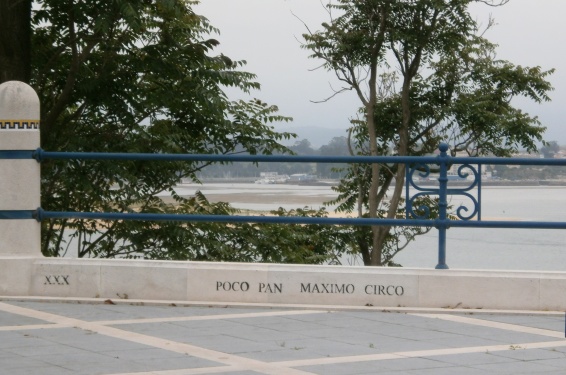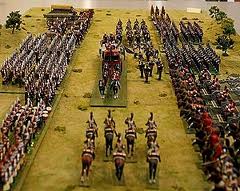 I’m not treading on thin ice if I argue that the legalization of self-employment — which never should have been outlawed — has been well received by most citizens and, for many, has become a significant form of subsistence for their families, despite the high taxes, the bureaucracy and the inspectors and other complications.
I’m not treading on thin ice if I argue that the legalization of self-employment — which never should have been outlawed — has been well received by most citizens and, for many, has become a significant form of subsistence for their families, despite the high taxes, the bureaucracy and the inspectors and other complications.
However, in the legalization, I want to call attention to a group of professionals who have been discriminated against because they have not been authorized to practice their professions on their one. I’m referring to doctors, dentists, professors, architects, engineers, lawyers and others. These, if they work for themselves, cannot exercise the professions for which they studied and gained work experience — but may work in other occupations such as parking attendants, taxi drivers, restaurant owners or workers, or repairers of eyeglasses, lighters or shoes, and so on, none of which they prepared for or have experience in. When a country can afford to ignore its professionals in this way, it is either because there is a surplus or because something isn’t working. I think its the latter.

The argument for such a prohibition is that if they are authorized to work in their professions, the State would be without a great number of them, due to the miserable salaries they receive and their poor working conditions. I don’t doubt it because it’s very easy to check, but the solution is not to continue banning something that might come to pass in excess.
I think different possible solutions can be analyzed. I’ll limit myself to two: the first, which could be difficult to apply in this time of economic crisis, would be to raise their salaries to make them competitive with what they would receive working for themselves, and to improve working conditions. The second, which could be a transition phase, would be to limit them to working part of the day for the State — with the associated wages — and part for themselves, at their own risk.
This would satisfy both interests: the State’s and the individual’s, with one as important as the other. It’s nothing new: in the years of the Republic it worked this way in different sectors, such as health, education and others.
One or the other of these possible solutions, or some other approach, should be tried sooner rather than later, the full legalization of work, and every citizen engaged in whatever suits him, for which he is prepared, when he desires, without absurd prohibitions, within the framework of free competition.
This would result in economic improvement, bettering the services and developing the nation. What’s more, we would not experience the bitter originality of having doctors driving cabs, architects making pizzas, or lawyers serving food. It’s true that no decent work is a disgrace, but please, each one in his place. Good is good but not too much.
January 3 2012








